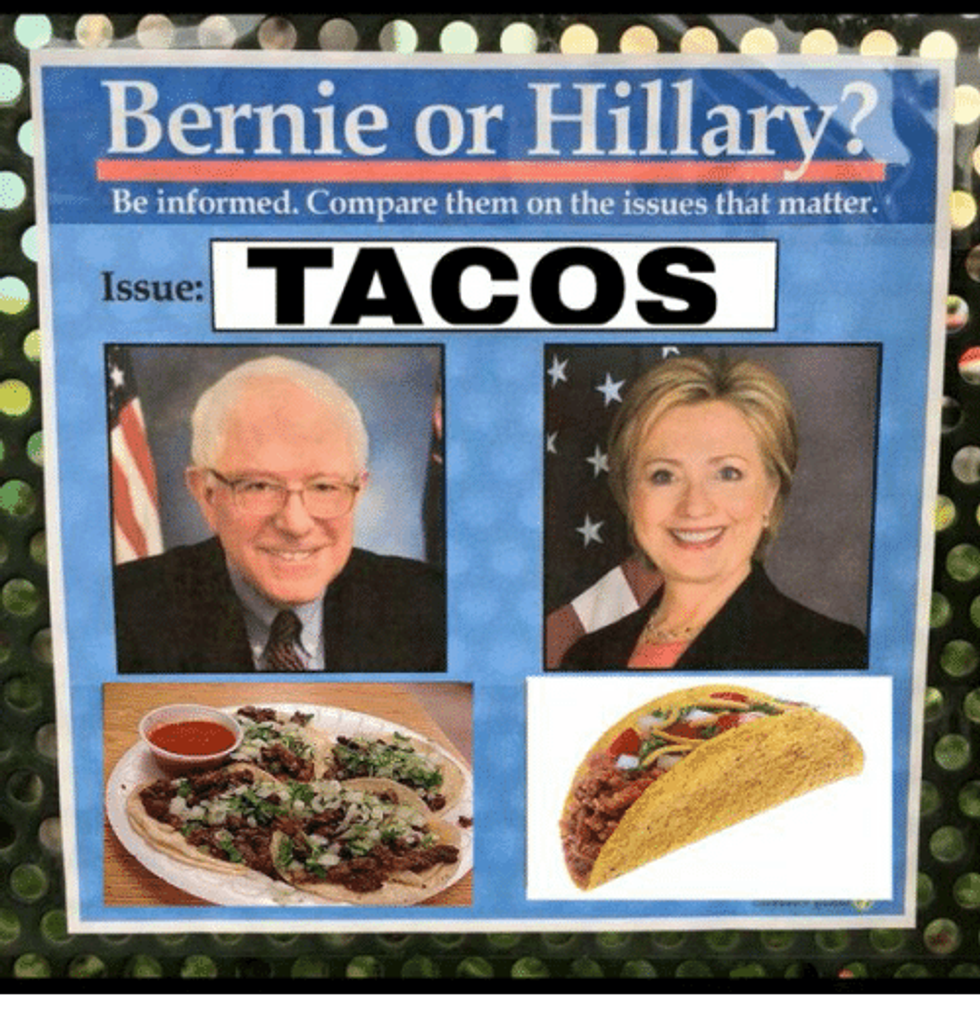Social media has played a key role in the upcoming presidential election thus far. These platforms can be a constructive tool for spreading messages to the public and gaining support, but they are definitely flawed. Social media has the ability to skew our perceptions about candidates by manipulating the content we see.
I open the Twitter app each day, only to see my timeline flooded with talk about the current campaign. From tweets mocking Donald Trump’s hair or “orange” skin to the occasional Bernie Sanders versus Hillary Clinton meme, social media users share what they believe will catch their followers’ attention. Each witty tweet, picture, and meme is spread through an endless chain of like-minded people, all advocating their support for a certain candidate or policy. These tweets do catch attention and raise some awareness, but they lack depth and substantial information. Our generation is seemingly demonstrating a high level of efficacy through their social media use, but how many of these people plan on actually voting? Some may find the act of sharing their ideas as means of participation, which they believe excuses them from voting.
With all the media revolving around specific assets or flaws of certain candidates, it is easy to create a bandwagon effect. The ideas shared through media are ones that are sure to elicit some emotional response, whether it be overwhelming support or pure aversion. The platforms of reduced college tuition and increased minimum wage are publicized throughout social media, since they are likely to appeal to many millennials. At the same time, other candidates’ bold, abrasive comments are also publicized, creating a collective dislike. The things shared through media are those that will captivate the audience, something controversial and “news-worthy”. Many of the “boring” details are left out because they are less interesting, meaning they won’t have as great of an effect on the audience.
In addition, if a millennial’s only source of information is social media, they are most likely not getting the full story because of the manipulation of information. Furthermore, the information they do get may not always be accurate. Many are quick to "like," "share," and “retweet” something pertaining to the current presidential campaign without doing much (or any) fact-checking. What we see on social media is never the full story, and our political viewpoints should never be based on information from media alone.
While social media helps bring younger generations’ attention and awareness to politics, it often shows only the best (or the worst) of a candidate. The “boring” and informative news is rarely shared via social media; the full story is almost always left out. The media focuses on the entertainment aspect of the campaign, changing the way our generation views politics. It may be bringing attention to the campaign, but for all the wrong reasons.
Social media has the ability to raise awareness about the campaign and potentially gain support, but it is crucial to not get all of your knowledge from the media. Do research and learn the candidates' policies yourself. Stay educated and aware. Most importantly: go out and vote!




















